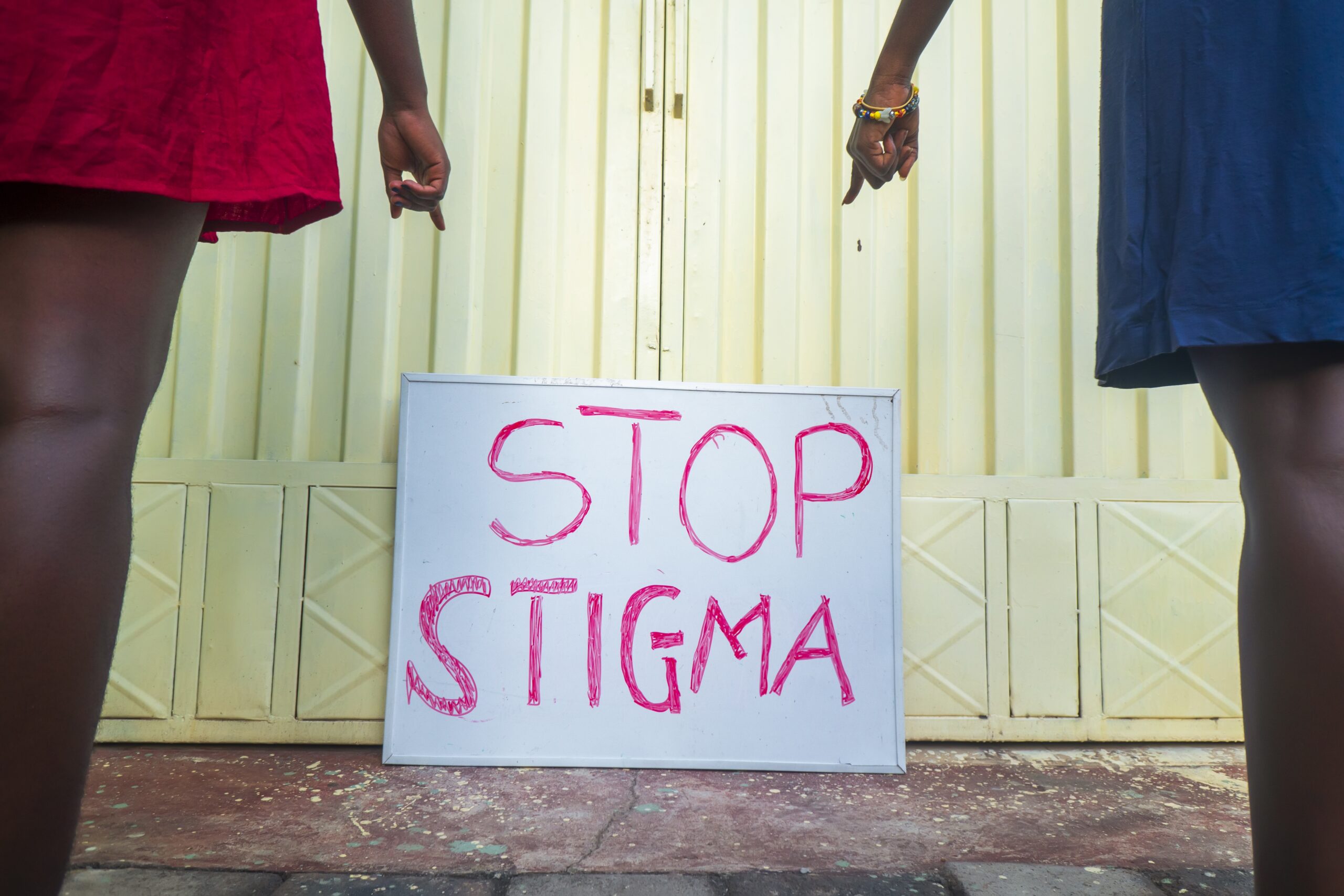Mental health issues affect millions of people worldwide, yet stigma continues to surround the topic, preventing many from seeking the help they need. At PMHC in Philadelphia, we are dedicated to breaking down the barriers that prevent individuals from accessing vital mental health services. But why does the stigma around mental health still exist, and how can we work toward eliminating it?
The Origins of Mental Health Stigma
The stigma surrounding mental health has deep roots in history. For centuries, mental illness was misunderstood and often associated with weakness, personal failure, or even evil spirits. People with mental health conditions were often shunned, isolated, or subjected to harsh treatments. This historical perspective, although discredited, has left a lasting impact on how society views mental health today.
Even as our understanding of mental health has advanced, misconceptions and stereotypes persist. Many still view mental health conditions as character flaws or something that can be easily “snapped out of.” This perception creates a barrier for those struggling, making it difficult for them to seek help for fear of judgment or discrimination.
Media Representation and Its Role
Media plays a significant role in shaping public perceptions of mental health. Unfortunately, movies, TV shows, and news outlets have historically portrayed individuals with mental illnesses in a negative light, often associating them with violence, unpredictability, or criminal behavior. These portrayals reinforce harmful stereotypes and contribute to the fear and misunderstanding of mental health conditions.
However, there has been progress in recent years. Media platforms are increasingly depicting mental health issues with sensitivity, shedding light on the reality of living with conditions like depression, anxiety, and PTSD. This shift is helping to break down stigma, but more accurate representation is still needed to fully address the issue.
Fear of the Unknown
One reason stigma persists is the fear of the unknown. Mental health issues, unlike physical ailments, are often invisible. It can be difficult for people to understand or empathize with conditions they can’t see. This lack of understanding often leads to fear, which breeds stigma.
Many people may not know how to approach conversations about mental health or support someone who is struggling. This discomfort can lead to avoidance or judgment, further isolating individuals who need help the most.
Societal Expectations
Societal expectations around strength and resilience also contribute to mental health stigma. In many cultures, particularly in the United States, there is a strong emphasis on self-reliance and personal strength. Admitting to a mental health issue may be seen as a sign of weakness or an inability to cope with life’s challenges.
This expectation makes it particularly challenging for individuals to admit they are struggling, as they fear being perceived as weak or incapable. At PMHC, we emphasize that mental health challenges are not a reflection of personal failure, but a part of being human that requires support and care, just like any physical condition.
How to Break the Stigma
Breaking the stigma around mental health requires education, open dialogue, and support. At PMHC, we work to normalize conversations about mental health and provide resources that empower individuals to seek help without fear of judgment. We encourage education and awareness to dispel myths and stereotypes, and we offer a safe and compassionate environment for those in need of treatment.
Mental health stigma is rooted in misunderstanding, fear, and societal pressures, but it doesn’t have to persist. By fostering a culture of openness and education, we can dismantle these harmful perceptions. If you or a loved one is struggling, don’t let stigma hold you back—reach out to PMHC in Philadelphia for the help you deserve.
Contact PMHC today to learn more about how we can support you on your mental health journey.

